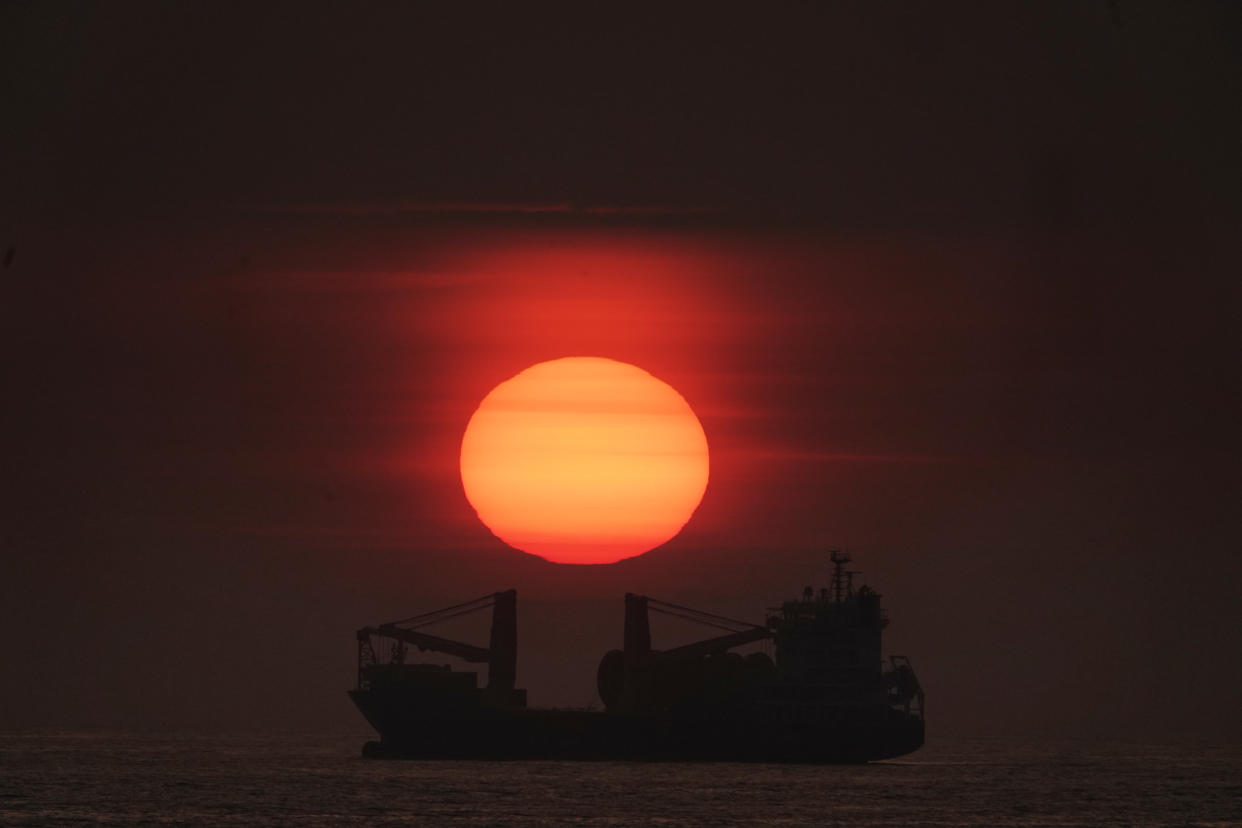Climate warning after report finds 2019 was the hottest year on record for Europe

Scientists have warned of the “alarming reality” of global warning after analysis found that last year was the hottest on record for Europe.
2019 saw a series of weather extremes in the continent, including periods of exceptional heat in February, June and July that led to record-breaking high temperatures, according to a climate report from the EU’s Copernicus Climate Change Service (C3S).
The UK was among countries that saw heatwaves in those months, including a new British record temperature of 38.7C set in Cambridge in late July.
And one of the wettest Novembers on record saw to four times the normal amount of rain in Western and Southern Europe.

The report reveals that 11 of the 12 warmest years on record for the continent have occurred since 2000.
The analysis also shows a clear warming trend for Europe stretching back over four decades.
Global average temperatures for the past five years are 1.1C above pre-industrial levels, but Europe is outstripping that, averaging almost 2C warmer than the benchmark levels of the latter 19th century.
Read more from Yahoo News UK:
Oxford University reveals details of COVID-19 vaccine trial
South Korea and China play down claims Kim Jong Un 'fighting for his life'
Is there really a link between pollution and coronavirus deaths?
The global Paris agreement on tackling climate change commits countries to hold temperature rises to “well below” 2C above pre-industrial levels and to pursue efforts to curb warming to 1.5C.
Commenting on the report, Professor Hannah Cloke, a natural hazards researcher at Reading University, said that even with variations in weather in recent decades, there was an ongoing trend of warming and record-breaking weather extremes.
She warned: “In lockdown, sitting on our sofas or our makeshift desks or in many more difficult situations, it would be easy for us to take our eyes off this alarming reality; that 2019 was the warmest year on record for Europe, that November brought us massively more precipitation than normal.

“And for every decade I have been on this planet it has been getting hotter and hotter and hotter.”
Professor Rowan Sutton, from the National Centre for Atmospheric Science (NCAS) at the University of Reading, said Europe has been warming significantly faster than the global average.
“This is for two reasons,” he said. “First, land regions in general are warming faster than the oceans, largely because the greater availability of moisture over the oceans damps the rate of warming.

“Secondly, reductions in specific forms of air pollution, ‘anthropogenic aerosols’, have contributed to the recent warming in Europe, particularly in summer.”
C3S is implemented by the European Centre for Medium-Range Weather Forecasts on behalf of the European Commission.

 Yahoo News
Yahoo News 

